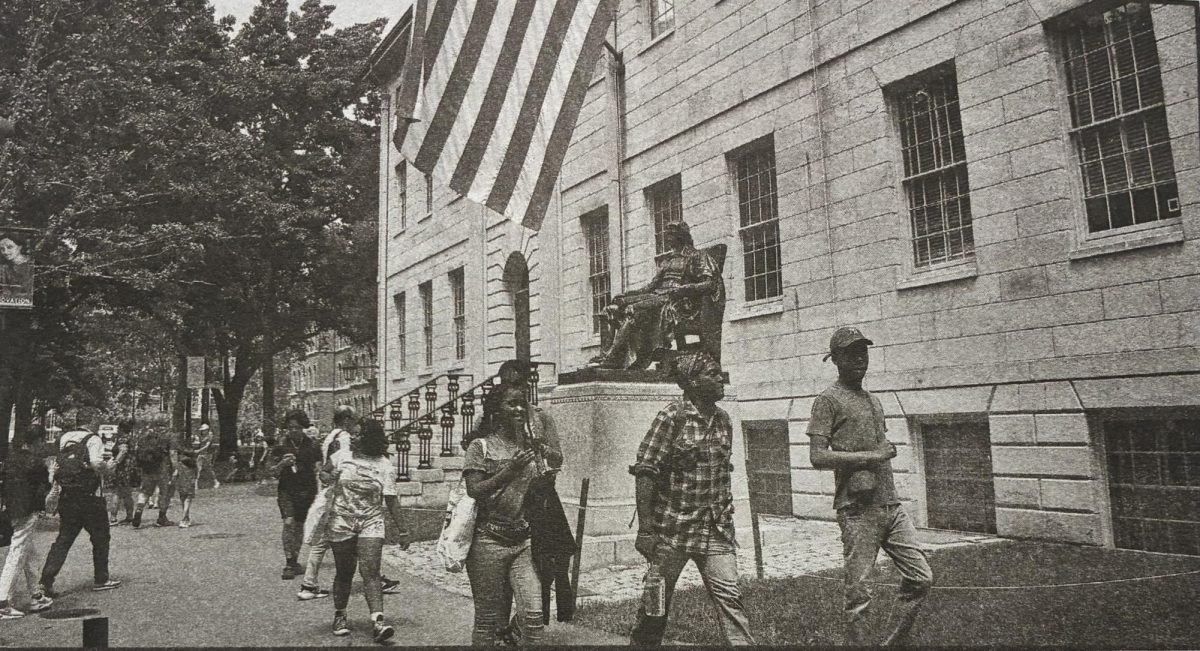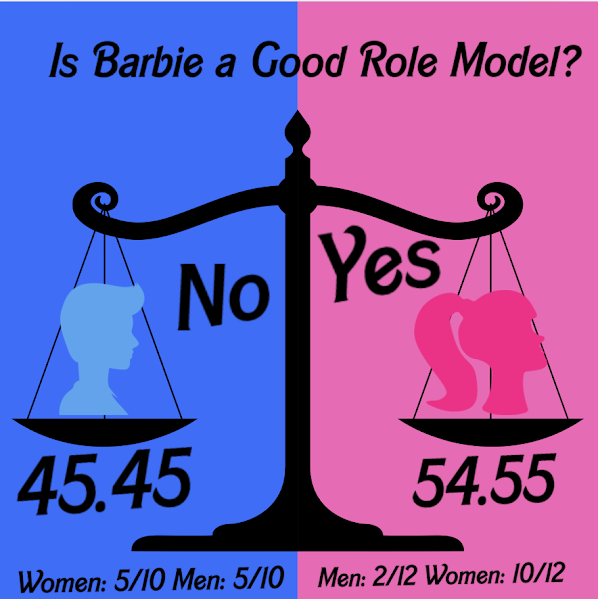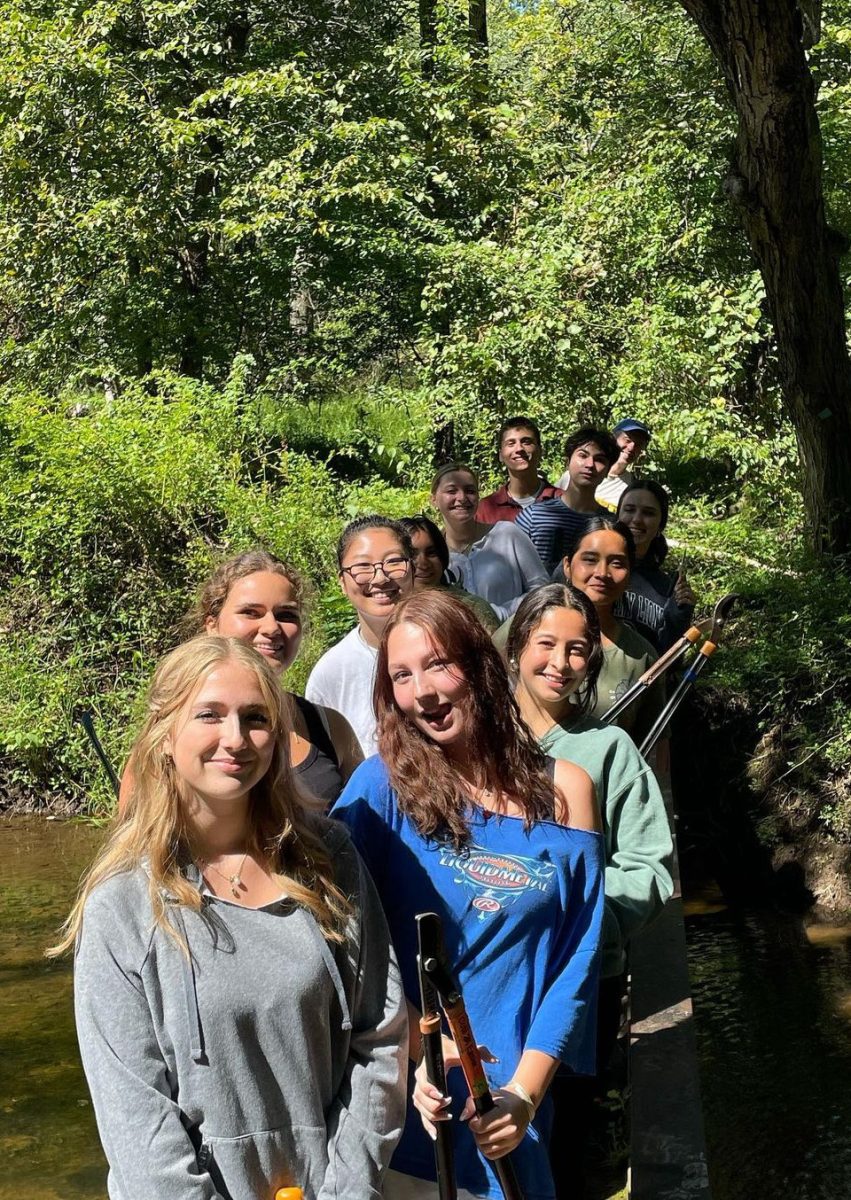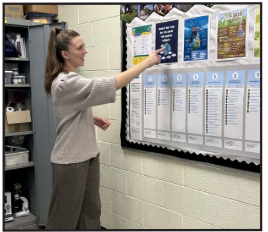Ivy League educations are ranked as the top not only in the country, but in the world. “
According to the Oxford Dictionary,. Ivy League is a group of long-established colleges and universities in the eastern US having high academic and social prestige. It includes Harvard, Yale, Princeton, Columbia, Dartmouth, Cornell, Brown, and the University of Pennsylvania,” So why are so many students turning away from more prestigious schooling and going for the more affordable education option, or not going to college at all?
One reason is because the price of an “affordable” education simply does not compare to an Ivy League one. The average cost for a non-Ivy League education is about 200k (including food and housing) for the span of four years. This is an increase of $131,464.
Whereas the rates of Harvard University (as listed on website for 24-25 school year) include $331,464 for all four years .
What makes this worth it?
Warren Hills teacher and Cornell alumni Daryl Detrick weighs in , “I don’t think an Ivy League education makes you more successful. Due to the competitive nature of getting into the Ivy League schools, the students who do get in are already on the path to success, therefore they would be successful no matter what college they attend,” said Detrick.
The amount of work that goes into getting accepted from an Ivy League is only shown from the hardest working students. The students who were already going to be successful with or without a prestigious school.
One of the major benefits of attending a top university are the networking opportunities they often provide
However, a top university does not have to be an Ivy League. Other top schools include Stanford, Duke, MIT, and UC Berkeley.
Detrick provided the example, “A father of a kid I knew [at Cornell] owned a $100 million hotel chain. That connection could have opened doors for me, if that was the direction I wanted to go.”
While these unique Ivy experiences are great, if a student prioritizes their people skills and starts networking at their campus, this will set them up for success right out of college.
According to Forbes.com, “After graduation, many private and public universities that aren’t Ivy League boast similar job placement rates. Though having an Ivy League education on a resume might help a student get their first job, its impact diminishes over time as performance in previous roles becomes more significant.”
This shows that an Ivy League education doesn’t have to have a significant impact on the type of job you have as a college graduate.
Overall, does the type of school you go to determine your future success?
According to Detrick: no. He asks, “What is success? We need to do a better job defining success. Success needs to be defined by our happiness, satisfaction and impact we are having on others. We too often define success based on job titles and salaries. I could have made much more money if I stayed in engineering, but I wouldn’t trade that for the life I have had through teaching.”
College is about more than money. It is about finding independence and to learn and prepare for the future. Any school and every school should be able to accomplish this goal, regardless of if it’s an “Ivy” or not.
Ivy League: Worth it? or Worthless?
Shelia Bazelais, Layout Editor & Op/Ed Editor
May 16, 2025
People walk near the John Harvard statue at Harvard University in Cambridge. (Photo courtesy of MCT)







